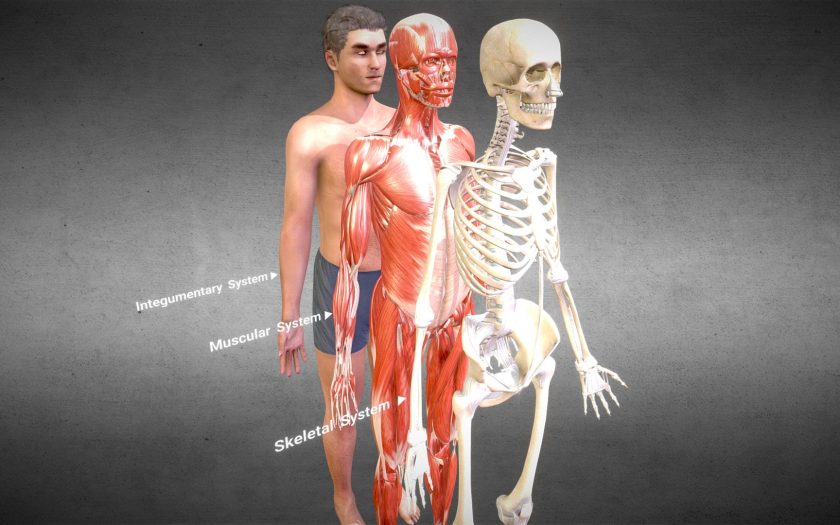Let’s consider the general principles that will be beneficial practically for any musculoskeletal disorder.
Control your weight.
When dealing with bone and joint diseases, normalizing body weight is essential because each extra kilogram increases the load on the skeleton. Therefore, for excessive body weight, reducing intake of fast carbohydrates, fats, and sweets is recommended. Excess weight has a negative impact on the musculoskeletal system, significantly increasing the load on joints, especially on knees, hips, and the spine. Additionally, fat, deposits around the joints, hinder blood access to them, thus restricting the supply of nutrients necessary for normal functioning. Excess weight also increases the risk of muscle and ligament injuries during unsuccessful movements (tripping, slipping) due to the greater force applied to them.
But, insufficient weight negatively affects musculoskeletal system’s health. Low body weight and a delicate stature are considered significant risk factors for osteoporosis development. Moreover, individuals with low weight often experience deficits in muscle tissue, which normally helps reduce the load on bones and joints.
Balance your diet.
The body needs sufficient vitamins, minerals, and other nutrients. To achieve this, it is necessary to consume more fresh vegetables and fruit—prolonged thermal processing destroys vitamins. Additionally, for nutritional optimization, you should take chondrocomplexes (Arthroblock forte) in addition to the regular diet, which contain macro- and micronutrients such as glucosamine, chondroitin, amino acids, bioflavonoids, silicon and vitamin C.
Each supplement has specific indications and contraindications, so their use should follow consultation with a doctor. The prescription of dietary supplements is justified only as part of comprehensive treatment, where they contribute to tissue nutrition, inflammation reduction and regeneration acceleration. In individuals prone to obesity, supplement intake may cause increased body mass; hence, doctors usually prescribe them for short courses.
Drink more water.
An adult should consume at least 1.5 litres of water per day—tea, coffee, soups and other liquid products do not count towards this amount. Nutrients dissolve in water and are absorbed in this form. Therefore, it is recommended drinking water as soon as you feel thirsty, and also 30 minutes before and 2 hours after meals. In youth, the processes of formation and breakdown of bone and cartilage cells are balanced. But, as one ages, cell renewal slows down. This leads to decreased bone density and gradual wear of joint cartilage and spinal discs.
It’s also important to note that as the body ages, it retains moisture less effectively. The elasticity and flexibility of cartilage and spinal discs depend on water content, influencing their ability to compensate for loads. When they dry out, they become brittle and fragile, creating conditions for the development of joint diseases.
In addition to these principles, treatment of musculoskeletal disorders should begin with diagnosis and establishment of a diagnosis. A rheumatologist, orthopedist, traumatologist or kinesiotherapist with specialized training can help identify the problem. A competent doctor always starts with patient history and examination, gathering information about the nature and duration of pain. Additional tests and laboratory analyses such as MRI, X-ray or ultrasound may often be required. After examining the patient, the doctor will primarily prescribe treatment with medications (Mobicam-DT, Ridaura (Auranofin)).
Remember, in our time, surgery on the musculoskeletal system is only necessary in extreme cases and after unsuccessful treatment with conservative methods. Moreover, it’s worth noting that surgery alone cannot relieve you of the need to work on yourself, as it requires a well-planned step-by-step rehabilitation process afterward.

